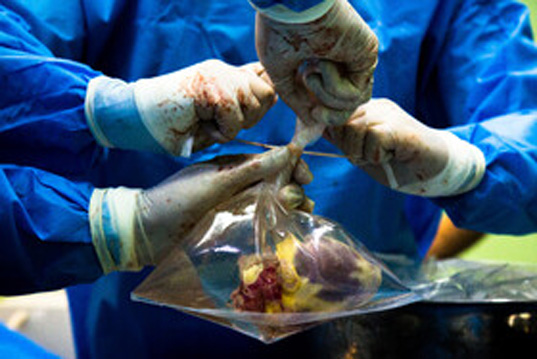All Departments
- Aortic valve stenosis (Aortic stenosis)
- arteriovenous malformations
- Avascular Necrosis
- Best cosmetic dentistry in Iran| Dental Treatment in Iran
- Breast Augmentation in Iran|Breast implant in iran
- Breast Reduction surgery
- Cancer in Iran: oncology in Iran
- Cardiology
- Cataract surgery in Iran
- Cochlear Implant Surgery in Iran
- Cosmetic Laser
- Cosmetic Surgery
- Ear cosmetic surgery
- Eye Care
- Eyelid surgery (Blepharoplasty)
- General Heart Surgery in Iran
- General surgery in Iran
- Glaucoma Treatment In Iran
- Hair Transplant
- Heart valve surgery
- lasik Eye Surgery
- Liposuction
- Non-Surgical Cosmetic procedures in iran
- Organ Transplantation in Iran
- Orthopedic
- Paget disease of bone
- Pediatrics
- Plastic surgery
- Psychiatry
- Radiology
- Rhinoplasty surgery in iran
- Shoulder Replacement Surgery
- SkinCare Treatment
- Spinal cord injury
- urolithiasis procedure in iran
- Urology
- Varicocelectomy
Emergency Cases
+989120131750Opening Hours
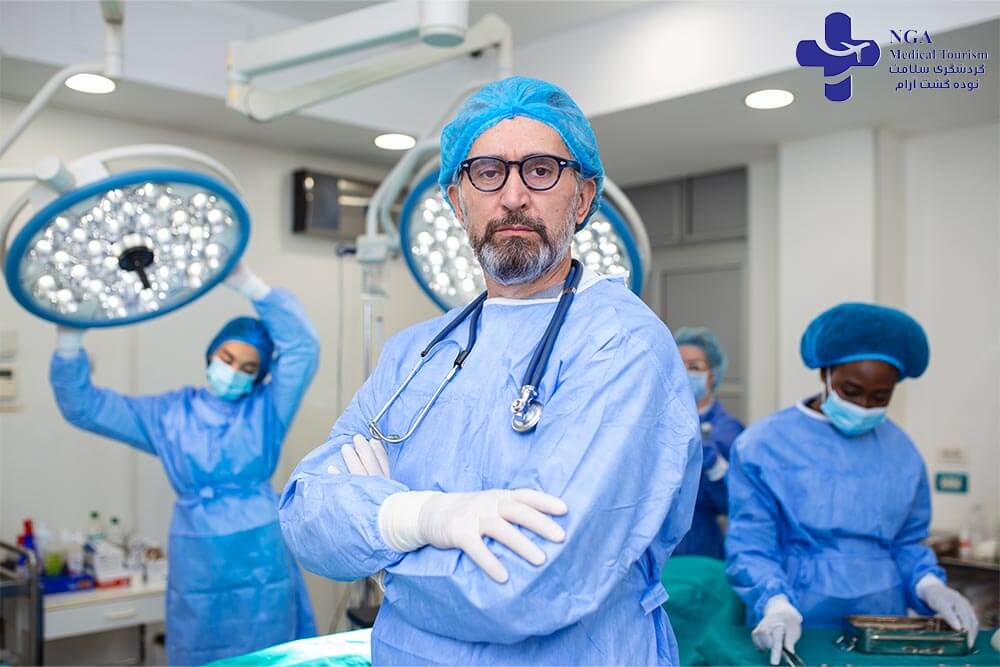
General surgery in Iran


Iran is an increasingly popular choice for general surgery due to its combination of highly skilled surgeons, cost-effective healthcare, and well-equipped medical facilities. Iranian surgeons are known for their expertise and experience, offering high-quality care at a fraction of the cost compared to many Western countries. The country’s medical tourism infrastructure ensures international patients receive comprehensive support, while short waiting times and excellent post-operative care enhance the overall patient experience.
General surgery in Iran is a specialized field in modern medicine with a focus on diagnosing and treating various diseases affecting internal organs like the liver, gallbladder, spleen, pancreas, appendix, and the gastrointestinal tract. General surgeons are highly skilled and experienced in performing surgical procedures, including thoracotomy and thyroidectomy. They also handle emergency cases, such as trauma and burns, requiring incisions of the skin and chest. Iranian surgeons have made significant progress in this field, thanks to their expertise and knowledge dissemination, making them adept at managing a wide range of medical conditions.
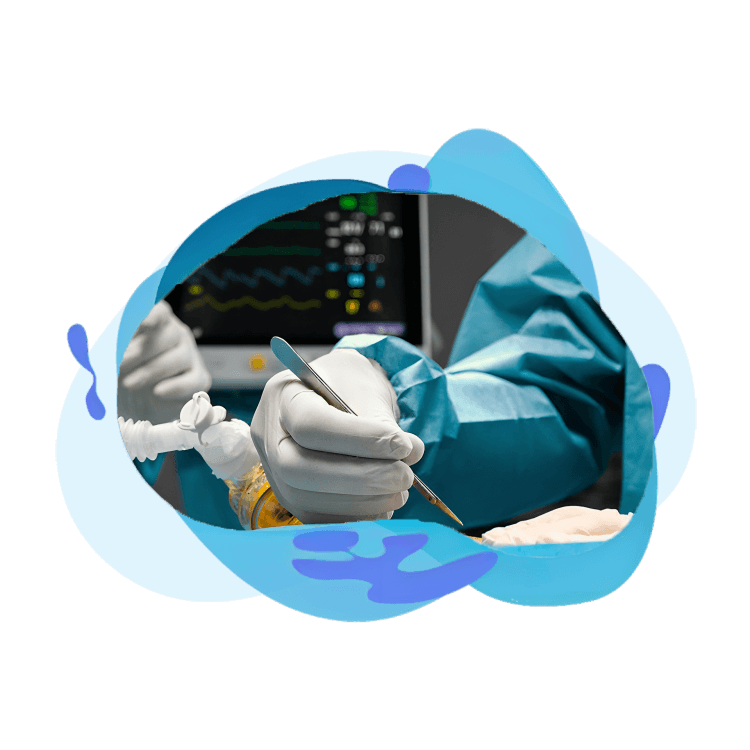
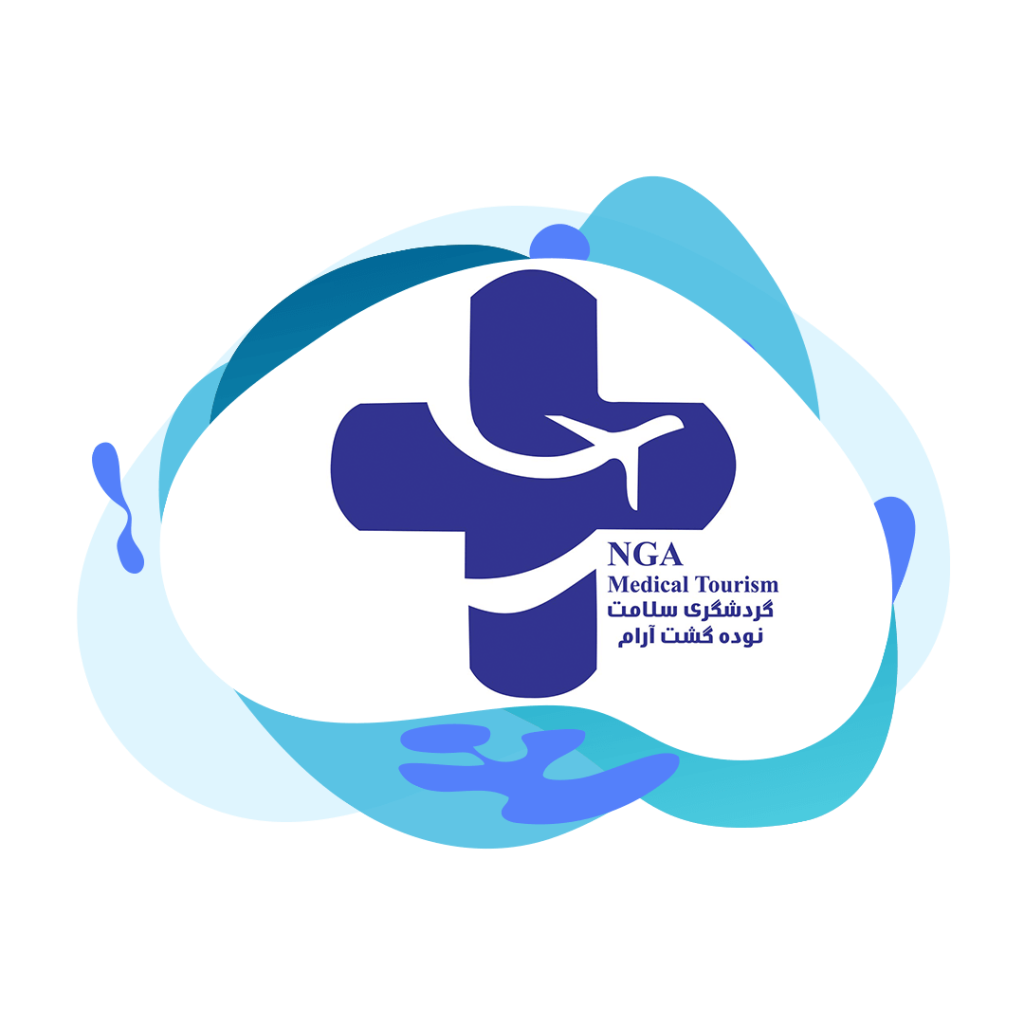
Ipdtourism is a reputable and professional facilitator of services for international patients. This company serves as a bridge between patients and the Iranian healthcare system, aiming to provide high-quality and diverse medical services to patients from around the world. With a specialized and experienced team in managing medical travel-related matters, Ipdtourism assists patients in meticulously and optimally managing all aspects of their journey, from obtaining visas to selecting physicians and post-operative care.
What is general surgery?
General surgery in Iran is a medical specialty that focuses on performing surgical procedures to diagnose, treat, and manage a wide range of medical conditions and diseases. General surgeons in Iran are trained to operate on various parts of the body, including the abdomen, digestive tract, endocrine system, breast, skin, and soft tissues, among others. These surgeons are skilled in using both open surgical techniques (making incisions) and minimally invasive procedures (using small incisions and specialized instruments) to address conditions such as appendicitis, hernias, gallbladder diseases, tumors, and trauma cases.
General surgery for tourists
Our medical tourism team in the field of general surgery, including general surgery in Iran, includes a range of highly experienced specialists, covering areas like internal medicine, dermatology, plastic surgery, surgical oncology, and more. While each of these specialties is distinct, many general surgeons have expertise in various surgical procedures, including addressing bleeding, infections, intestinal issues, and emergencies like gallbladder procedures and appendectomy. General surgery in Iran also encompasses trauma cases, with some surgeons specializing in surgical intensive care. Collaboration between vascular and cardiac surgeons is common for heart procedures, often utilizing advanced medical devices like laparoscopes. These advancements in general surgery contribute to improved patient care and postoperative treatment, offered at competitive prices in some of Iran’s leading hospitals equipped with cutting-edge medical technology.
Types of cosmetic surgery in Iran
Types of cosmetic surgery for women:
- Closed and open rhinoplasty (nose surgery)
- Septoplasty
- Chin augmentation
- Eyebrow lift
- Lip augmentation
- Facelift
- Neck lift
- Breast augmentation or reduction
- Liposuction
- Eyelid surgery
- Forehead lift
- Cheek implants
- Hair transplantation
- Eyebrow transplantation
Types of cosmetic surgery for men:
- Open and closed rhinoplasty
- Chin augmentation
- Facelift
- Neck lift
- Jaw surgery
- Eyelid surgery
- Rhinoplasty
- Ear surgery
- Botox injections
- Full-body liposuction
- Fat transfer
The number of cosmetic medical centers in Iran has significantly increased, reaching seven times that of the United States. Consequently, these medical centers are crowded with patients. It’s worth noting that the majority of patients seek distinctive beauty and elegance, especially in nose surgeries. The success rate of surgeries in Iran is reported to be 90%. Specialized surgeons explain the entire surgical process to patients transparently and clearly, adhering to professional and medical standards before and after the surgery with utmost precision.

general surgery list
A general surgery list can be quite extensive and may include a wide range of procedures. Some common general surgery procedures include:
- Appendectomy: Surgery to remove the appendix.
- Cholecystectomy: Surgery to remove the gallbladder.
- Hernia repair: Surgery to repair a hernia, which is a bulging of an organ or tissue through a weakened area in the abdominal wall.
- Colectomy: Surgery to remove part or all of the colon.
- Gastrectomy: Surgery to remove all or part of the stomach.
- Mastectomy: Surgery to remove one or both breasts.
- Thyroidectomy: Surgery to remove all or part of the thyroid gland.
- Splenectomy: Surgery to remove the spleen.
- Lymph node biopsy: A procedure to remove and examine tissue from one or more lymph nodes to check for cancer.
- Esophagectomy: Surgery to remove part or all of the esophagus.
- Bariatric surgery: Surgery to help people with obesity lose weight.
- Hemorrhoidectomy: Surgery to remove hemorrhoids.
- Pancreatectomy: Surgery to remove all or part of the pancreas.
- Thoracic surgery: Surgery to treat conditions of the chest, including the lungs, esophagus, and chest wall.
- Vascular surgery: Surgery to treat conditions related to the blood vessels, such as aneurysms and blockages.
This is not an exhaustive list, and the specific surgeries performed by a general surgeon may vary depending on their training, experience, and the needs of their patients.
General surgery operations
Prostate enlargement, also known as benign prostatic hyperplasia (BPH), is a common condition in aging men where the prostate gland enlarges and may lead to urinary symptoms such as frequent urination and difficulty in urinating.
Bladder overactivity refers to a condition where the bladder contracts involuntarily, causing frequent and urgent urination, while bladder hesitation involves difficulty initiating urination, often associated with prostate enlargement or neurological issues.
Prostate cancer is a malignant tumor that forms in the prostate gland, a walnut-sized organ in the male reproductive system. Early detection through screenings like PSA tests and various treatment options, including surgery, radiation therapy, and hormone therapy, can be effective in managing and treating this cancer.
Breast surgery encompasses various procedures, including breast augmentation, reduction, reconstruction, and lumpectomy/mastectomy, often performed to address cosmetic or medical concerns related to the breasts.
Endocrine surgery focuses on the treatment of endocrine glands, such as the thyroid, parathyroid, adrenal glands, and pancreas, to manage conditions like tumors, hyperactivity, or hormone imbalances through surgical intervention.
Transplant surgery involves the replacement of a damaged or non-functioning organ or tissue with a healthy one from a donor, typically performed to save lives or improve a patient’s quality of life.
Bariatric surgery is a medical procedure performed on individuals with severe obesity to promote weight loss and improve obesity-related health conditions.

Read More: Arteriovenous Malformations
Read More: Aortic Valve Stenosis (Aortic Stenosis)
Read More: Heart Valve Surgery
Read More: Cardiology in Iran
Read More: General Heart Surgery
Preparing for general surgery in Iran is a critical process to ensure a safe and successful outcome. It involves closely following your surgeon’s specific instructions, which may include dietary restrictions, medication adjustments, and other crucial details tailored to your procedure. Additionally, arranging transportation for the day of surgery is essential, as you won’t be able to drive yourself home afterward. Preparing for post-surgery recovery is equally important, including organizing assistance from friends or family for daily activities and abstaining from smoking and alcohol several weeks before and after the surgery to support the healing process. Adequate rest before the surgery helps improve alertness and stress management, while asking questions and seeking clarification from your surgical team can alleviate anxiety and ensure a smoother experience overall.
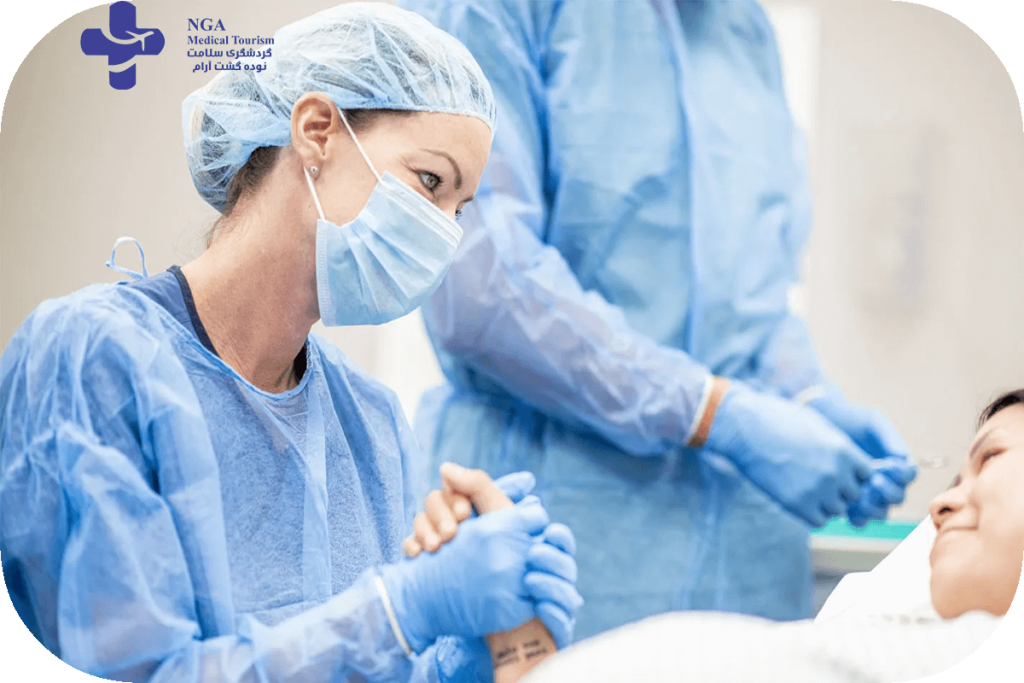
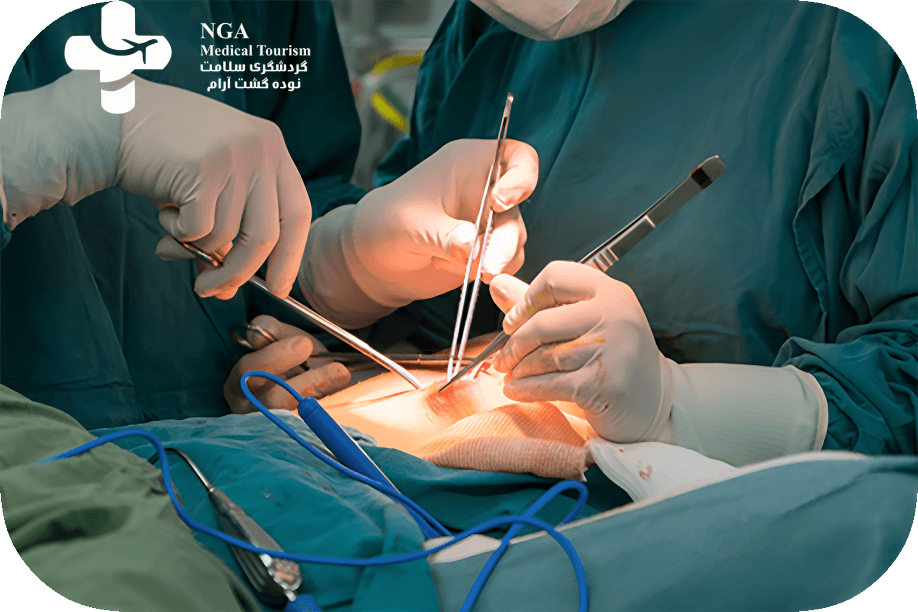
side effects of general surgery
General surgery, like any medical procedure, can have potential side effects and risks. Common side effects include pain and discomfort at the surgical site, swelling, bruising, and minor bleeding. There’s also a risk of infection, which can usually be managed with antibiotics. More serious complications, although less common, may include blood clots, anesthesia-related issues, damage to surrounding structures, and adverse reactions to medications. The specific side effects and risks can vary depending on the type of surgery performed and the patient’s individual health and medical history
If you’re seeking to consult with the best Iranian general surgeons, the best option for you may be to get in touch with our team at Ipdtourism. We have access to a network of skilled and reputable physicians in various fields of general surgery in Iran. We can assist you in finding a suitable surgeon based on your specific needs and facilitate the appointment, financial arrangements, translation, and travel logistics. Contact us to have a convenient and high-quality medical consultation experience in Iran.
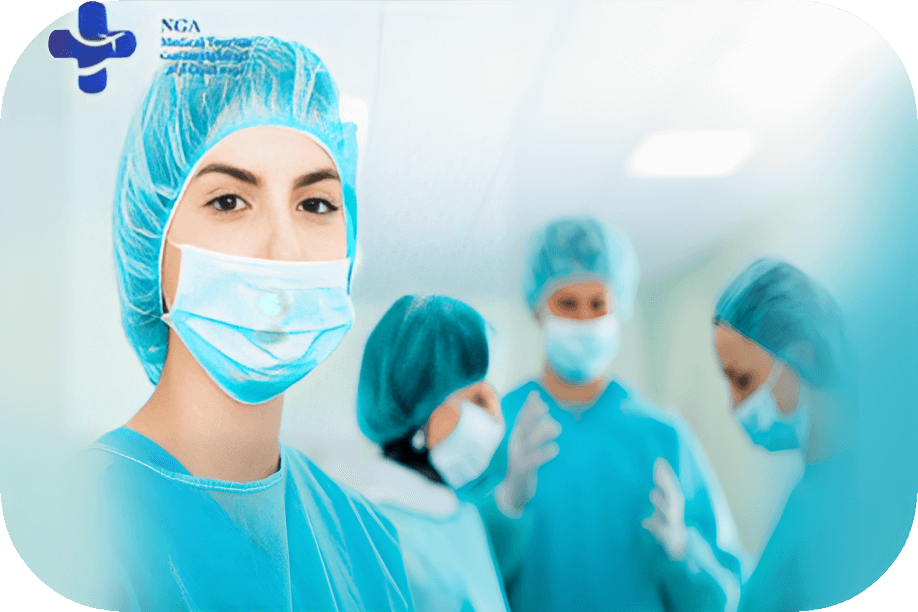
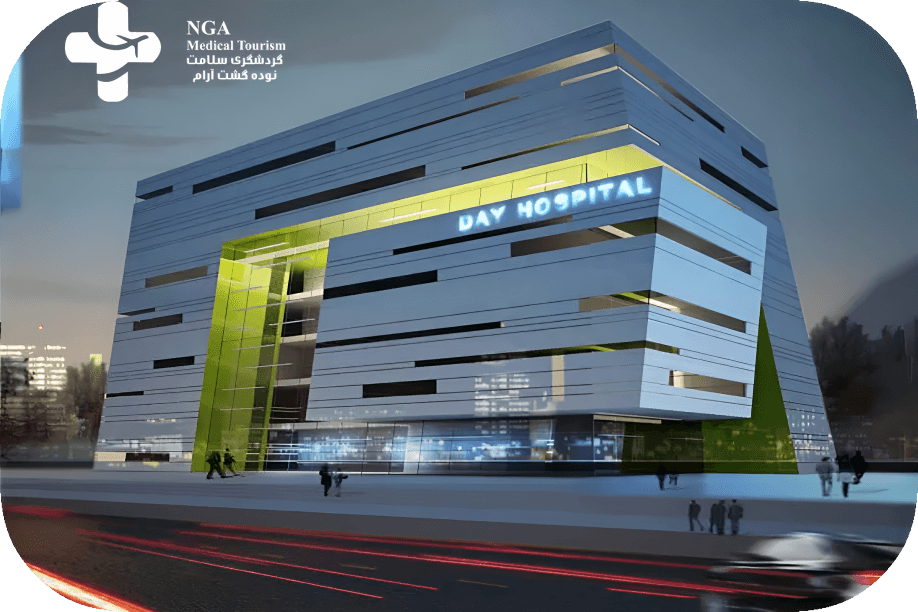
general surgery clinic in Iran
General surgery in Iran boasts highly advanced hospitals, making it an excellent destination for medical tourists. These facilities are equipped with cutting-edge technology and staffed by experienced surgical teams. The World Health Organization has recognized Iran for its advanced hospitals, skilled surgeons, comfortable accommodations, and compassionate nursing staff. To explore top-notch healthcare options in general surgery and plan your medical journey, get in touch with us at Ipdtourism for personalized assistance and guidance.
Why do we need Nodeh Gasht Aram?
In addition to the necessary care for patients before, during, and after general surgery in Iran, “Nodeh Gasht Aram” medical tourism company provides a comprehensive range of services. These services include accommodation for patients and their companions, arrangements for special visas, providing accident insurance, and an Iranian credit card for use in Iran. Additionally, translation teams are available to assist tourists, and 24/7 support is provided throughout the week. The company strives to expedite the recovery process for tourists and provide them with the necessary support.
Read More: IVF in Iran
Read More: What Is Ivf Procedure
Read More: Where Is The Cheapest Country For IVF In 2023?
Read More: Ivf Injections
Here are some of the most common general surgical procedures that we perform:
- Laparoscopic Colon Resection
- Laparoscopic Nissen Fundoplication
- Laparoscopic Ventral Hernia Repair
- Lung Surgery
- Sclerotherapy and Ultrasound-Guided Sclerotherapy
- Thyroid Surgery
- Ultrasound
- VNUS Closure
A major surgery is a significant medical procedure that involves accessing and operating on internal organs or body systems. It typically requires an incision or opening in the body to provide the surgeon with direct access to the surgical site. Major surgeries often involve substantial trauma to the tissues, carry a higher risk of infection, and necessitate a longer recovery period compared to minor procedures. Additionally, major surgeries commonly result in larger scars due to the extent of the incision and the nature of the procedure.
Primary care doctors, internists, and family physicians provide general medical care and coordinate overall patient care. They typically do not perform surgical procedures. On the other hand, general surgeons specialize in surgical interventions and related services, focusing on surgical care and treating specific surgical conditions.
General surgery is a specialized field of surgery that primarily focuses on the treatment of abdominal organs, including the esophagus, stomach, small bowel, colon, liver, pancreas, gallbladder, bile ducts, and sometimes the thyroid gland. General surgeons also address conditions related to the skin and perform procedures for hernias. They have expertise in diagnosing, managing, and performing surgical interventions for a wide range of abdominal and skin disorders.
The following emergency surgeries are considered to be among the most dangerous:
- Gallbladder removal (Cholecystectomy): Although a common procedure, complications such as bile duct injury or infection can occur, making it a potentially risky surgery.
- Peptic ulcer surgery: This surgery is performed to repair ulcers in the stomach or the first part of the small intestine. It carries risks of bleeding, infection, and perforation.
- Removal of peritoneal adhesions: Peritoneal adhesions refer to scar tissue that forms within the abdominal cavity. Surgery to remove these adhesions can be challenging and may involve the risk of damaging nearby organs.
- Appendectomy: This emergency surgery involves the removal of the appendix due to inflammation or infection (appendicitis). Although it is a commonly performed surgery, complications such as wound infection, abscess formation, or bowel injury can occur.
It’s important to note that while these surgeries have potential risks, the overall safety and outcome depend on various factors, including the patient’s overall health, the surgeon’s expertise, and prompt medical intervention.
General surgery includes a wide range of surgical procedures that involve the abdomen, chest, and extremities, such as appendectomies, hernia repairs, colectomies, mastectomies, and thyroidectomies, among others. General surgeons are trained to perform these procedures and may also have expertise in subspecialties such as colorectal surgery, endocrine surgery, and vascular surgery.
General surgery involves performing various procedures on the abdomen, chest, and extremities, including removing tumors, repairing hernias, removing gallbladders, and treating conditions related to the digestive system, endocrine system, and vascular system. General surgeons may also perform other procedures, such as biopsies and diagnostic tests.
To prepare for general surgery, you should follow your surgeon’s instructions regarding diet, medication, and other lifestyle changes. You may also need to undergo preoperative testing and evaluations, such as blood work, imaging tests, and physical exams.
It depends on the type of general surgery and the anesthesia used. In most cases, patients are given general anesthesia, which puts them into a deep sleep and makes them unaware of the surgery. However, in some cases, patients may receive local or regional anesthesia, which allows them to remain awake during the surgery.
No, people generally do not talk during surgery. When patients are given general anesthesia, they are in a deep sleep and are not aware of their surroundings. If patients are awake during the surgery due to local or regional anesthesia, they may be able to hear and respond to the surgeon’s instructions, but they are unlikely to engage in conversation.
It is unlikely that a person would dream during surgery. When a person is under general anesthesia, they are in a state of deep unconsciousness, and their brain activity is significantly suppressed, making it unlikely that they would experience dreams.
Yes, your eyes typically stay closed during general anesthesia. When a person is under general anesthesia, their eyes are usually covered with a protective tape or a moist pad to prevent them from drying out. However, in some cases, eye drops may be used to keep the eyes moist and comfortable.
No, you should not eat or drink anything for a certain period of time before general surgery, typically at least 6-8 hours, to reduce the risk of complications such as aspiration. Your surgeon or anesthesiologist will provide you with specific instructions regarding fasting before surgery.
General Heart surgery
Our team of cardiac, thoracic and vascular surgeons from NHCS are expertly ... It also carries out minimally invasive general ...
Heart Valve Replacement Surgery
Heart valve replacement is a surgical procedure which involves replacing one or more of ...
Ischemic Heart Disease
Ischemic means that an organ is not getting enough blood and oxygen. Ischemic heart disease . When arteries ...
Heart Bypass Surgery
Heart bypass surgery has been a life-saving treatment for more than 60 years.It is the most frequently performed openheart..
Heart Transplant
In heart transplant surgery, the patient’s heart is replaced by a natural heart from a donor who...
Open Heart Surgery
Open (traditional) heart surgery is when the chest is cut open and surgery is performed on the muscles ...
Angioplasty
Coronary angioplasty is a treatment intended to fix narrowed or clogged arteries with the aim of enhancing blood flow






